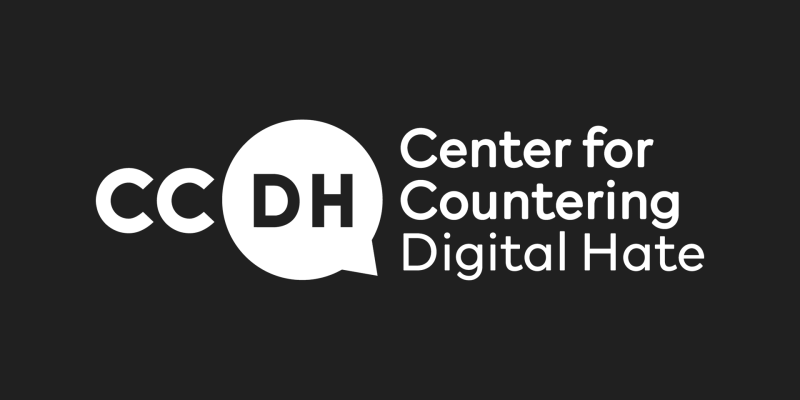X Corp, also known as Twitter, and the Center for Countering Digital Hate (CCDH) are involved in a legal battle over free expression and platform safety. X believes in allowing users to freely express themselves within the bounds of the law. They claim that free expression and platform safety are not in conflict and have implemented policies to reduce hateful content on their platform significantly.
It’s official that X/Twitter and the Center for Countering Digital Hate (CCDH) are now heading to court over free speech and platform safety. X is of the opinion that users are freely expressing themselves within the boundaries of the US legal system. They explain that they don’t believe they have infringed on any of these areas and have even been applying policies that would reduce hate content on the site.
CCDH, on the other hand, is an anti-hate group that has published research critical of X’s handling of hate speech. X accuses CCDH of making false and misleading claims and trying to harm the company’s business by encouraging advertisers to boycott their platform. They have even filed a legal claim against CCDH, alleging that the organization is actively working to prevent free expression.
“Elon Musk wants to silence his critics so he can continue to give a
megaphone to hate and misinformation while avoiding the consequences.” – CCDH CEO @Imi_Ahmed.We stand by our research and won’t be intimidated by Musk’s threats. pic.twitter.com/hVlS0apMyx
— Center for Countering Digital Hate (@CCDHate) August 1, 2023
The CCDH is a non-profit organisation that has recently published some research on X’s previous handling of hate speech. This research has been very critical in its findings which has prompted this whole lawsuit. X claims that they were using poor methodology and making misleading claims about the platform including a boycott from advertisers from X.
CCDH defends the state of its research, stating that it never claimed to conduct a comprehensive study of all tweets on the platform. It has since released its methodology of how it conducted its research. The CCDH go on to claim that X did not address the hate speech issues that they were highlighting. They argue that X’s immediate jump to legal action showcases that they aren’t interested in listening to legitimate criticism. They emphasize the importance of open and transparent public discussion on these issues.
As both parties ready themselves to defend their positions in court, it remains to be seen how this dispute will unfold, but the underlying issues of free expression, hate speech, and platform safety remain critical topics in today’s digital landscape.











Comments